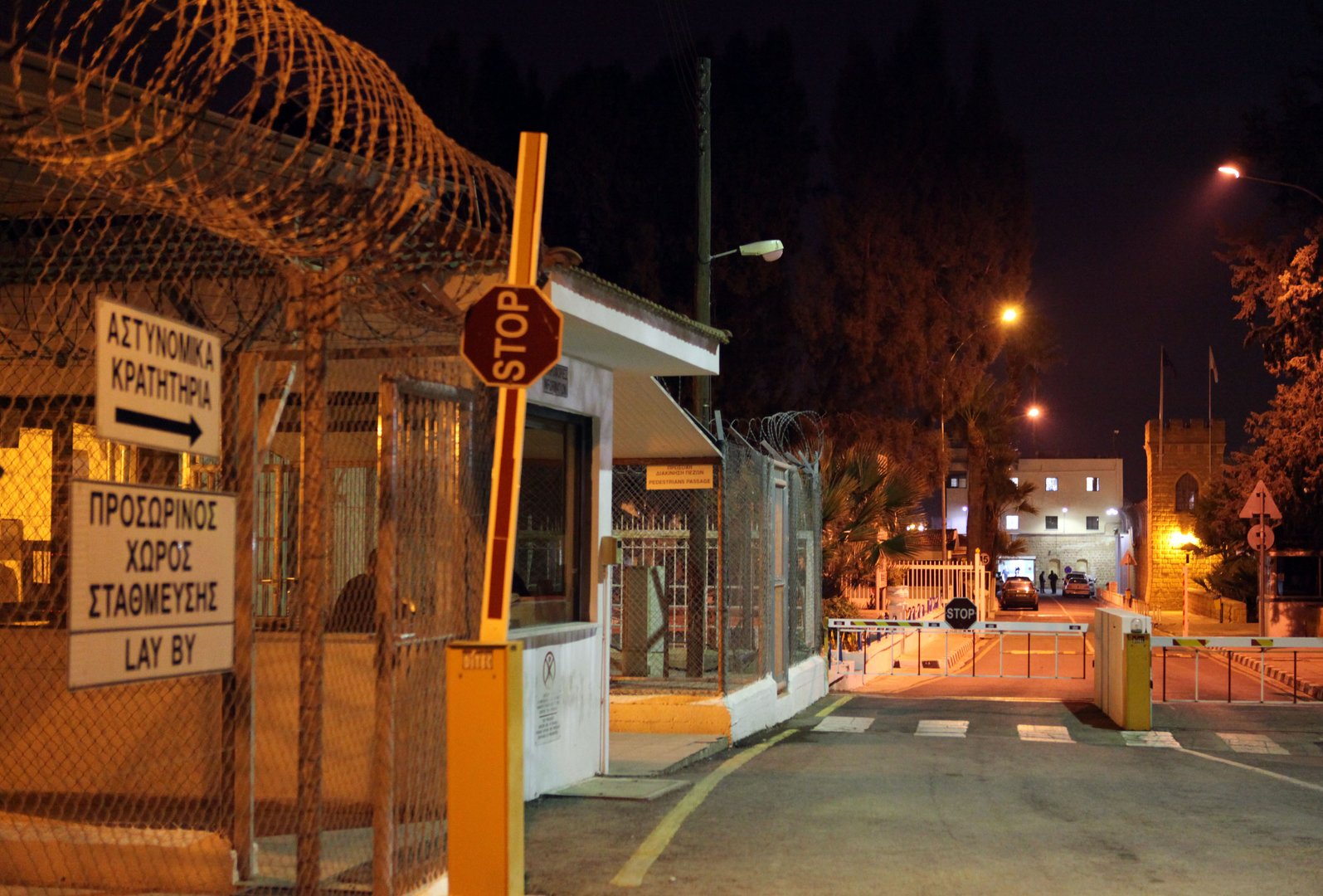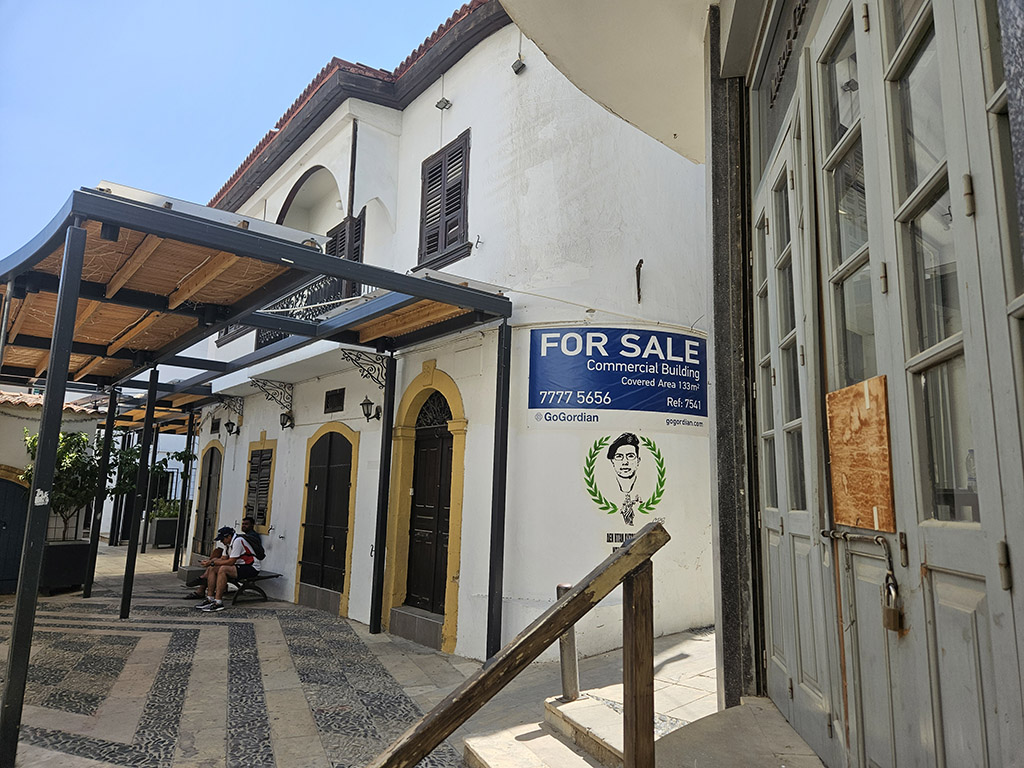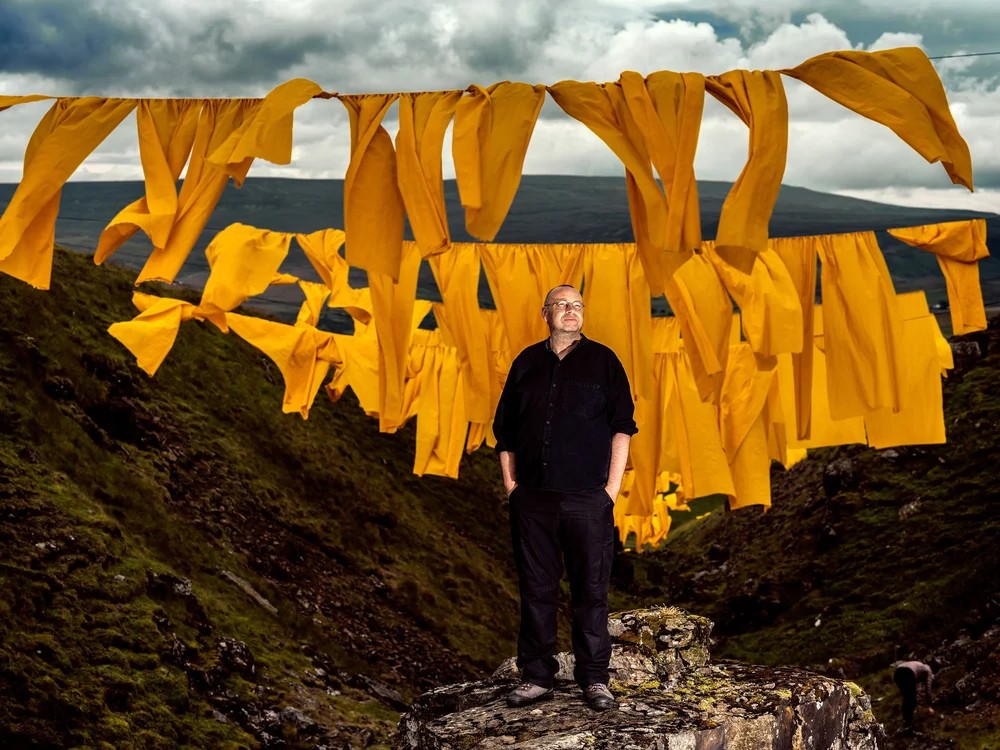The Supreme Court has rejected an application by a prison warden, who is a suspect in an ongoing criminal case, to annul a previous court order authorising the seizure of a trove of documents from his residence, it was reported on Tuesday.
The man had applied to the Supreme Court to have the seizure of the documents by police deemed unlawful. The top court rejected the application.
Police had seized the documents from the man’s home in April this year.
The man, a warden posted at Wing 10 of the central prisons, tried to argue the documents were confiscated illegally as they had not been listed on the original search warrant.
But the top court said that, while searching his residence on the strength of a court warrant, police discovered evidence that led to a reasonable suspicion the documents were obtained illegally by the warden.
Officers therefore seized them in the suspect’s presence and transferred them to CID for examination.
In its decision, the court said police found, inside two rooms that were locked, a total of 48,430 documents consisting of 250,464 pages. All of them were being kept by the suspect illegally and without authorisation.
These included architectural schematics of the central prisons, original documents, copies of documents with authentic signatures, and files on prison inmates.
They also included internal correspondence of the Prisons Department, as well as correspondence with other agencies such as the police.
Many of the documents were marked ‘secret’ or ‘confidential’.
A number of digital disks were also found and seized by the police.
It is understood the suspect is the same person indicted in an upcoming trial where he and two others face charges for corruption, bribery and racketeering.
They are accused of organising and participating in a scam in the prisons, where a convict would buy items from the prison canteen and then sell them to other inmates at a marked-up price.
The scam took place allegedly with the full knowledge and active participation of the warden, who took a cut to look the other way.
It was while investigating that case that police found the documents in his home.







Click here to change your cookie preferences